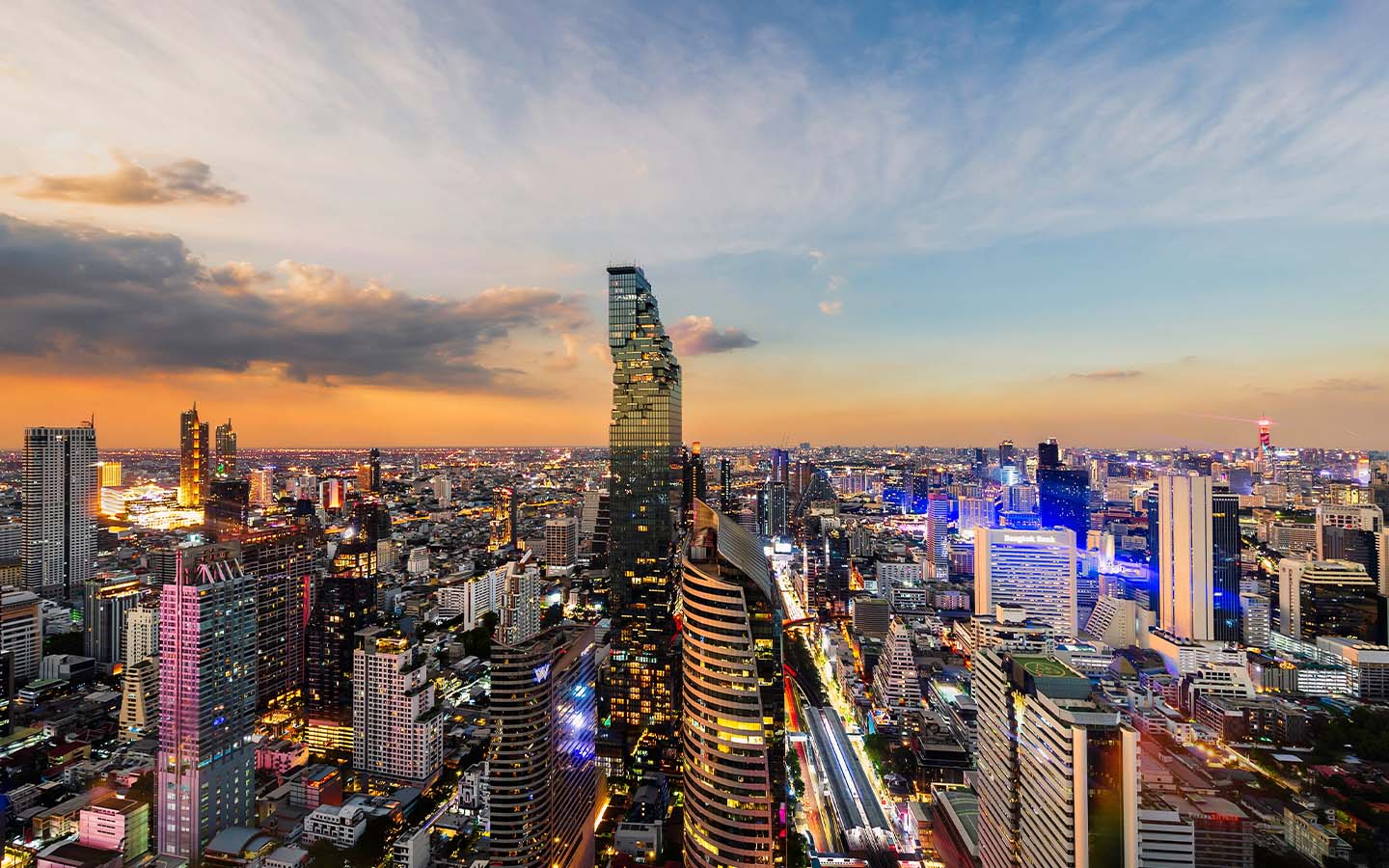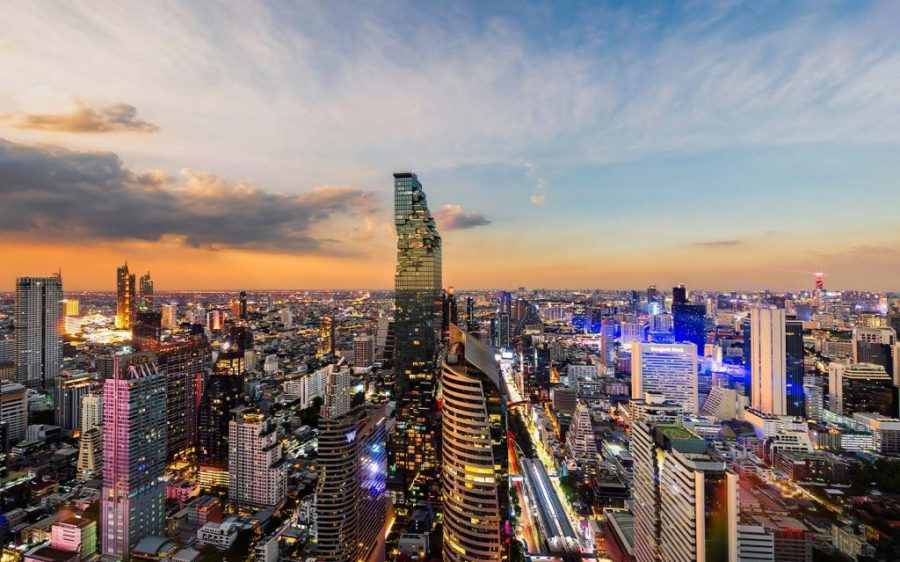Thailand’s new prime minister has rejected the previous administration’s plan to legalise the country’s gambling industry, multiple casino media outlets report.
Anutin Charnvirakul took office on 5 September, following the ousting of Paetongtarn Shinawatra and the end of a week-long power vacuum in parliament. Last week, he announced that Thailand would have to “wait for another prime minister” to introduce resorts housing the kingdom’s first legal casinos.
Supporters of gambling liberalisation – including the former prime minister and her predecessor, Srettha Thavisin – had touted it as a way to stimulate the economy through boosting tourism, particularly from China, and attracting international investment.
However, opponents like Anutin warned that the project could backfire. He claimed President Xi Jinping would “implement measures to significantly reduce Chinese travel, trade and investment with Thailand” if the Entertainment Complex Bill proceeded.
Back in February, President Xi urged the previous administration to reconsider the bill – cautioning that gaming could lead to an increase in criminal activity and social problems.
[See more: Lawrence Ho: Sri Lanka ‘can be to India what Macao is to China’]
Chinese citizens are technically prohibited from gambling both at home and abroad, with Macao the only legal exception – though in practice, many do gamble in places like Cambodia, Myanmar and the Philippines.
Anutin has further distanced himself from gambling reforms by opposing the reclassification of poker as a sport and the revocation of decades-old restrictions on card games. He has maintained that gambling should not be used as a tool to stimulate the economy.
Earlier this year, CEO of Melco Resorts and Entertainment Lawrence Ho described what appeared to be Thailand’s emerging gambling market as “a generational opportunity that probably happens once every century.” The Macao concessionaire had planned to open casino-resort in Thailand once its new regulatory framework was in place – though it seems that will not happen under Anutin.
Thailand’s Entertainment Complex Bill was initially approved in principle by the cabinet on 13 March, but its progress was fraught with delays and its content was considered controversial by much of Thai society.
The bill was shelved in July due to concerns from the Finance Ministry’s concerns along with what government spokesman Jirayu Houngsub called its “broad social implications.”






